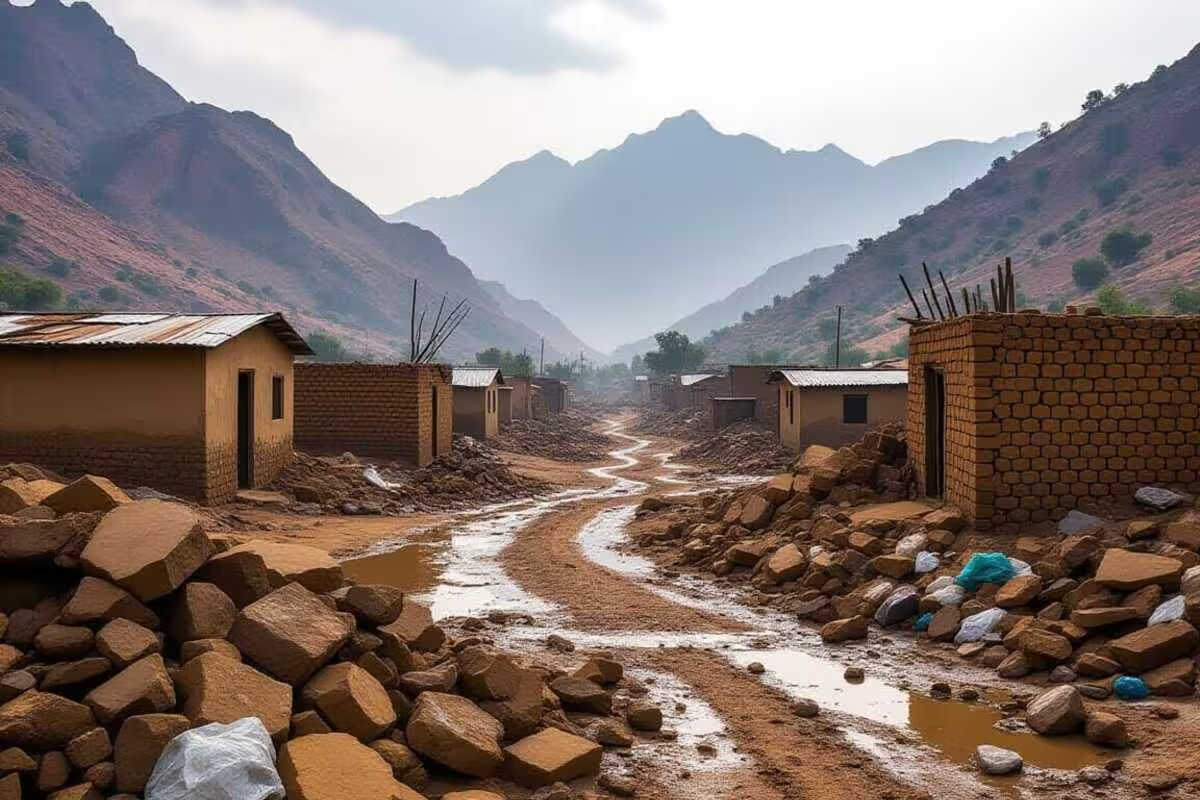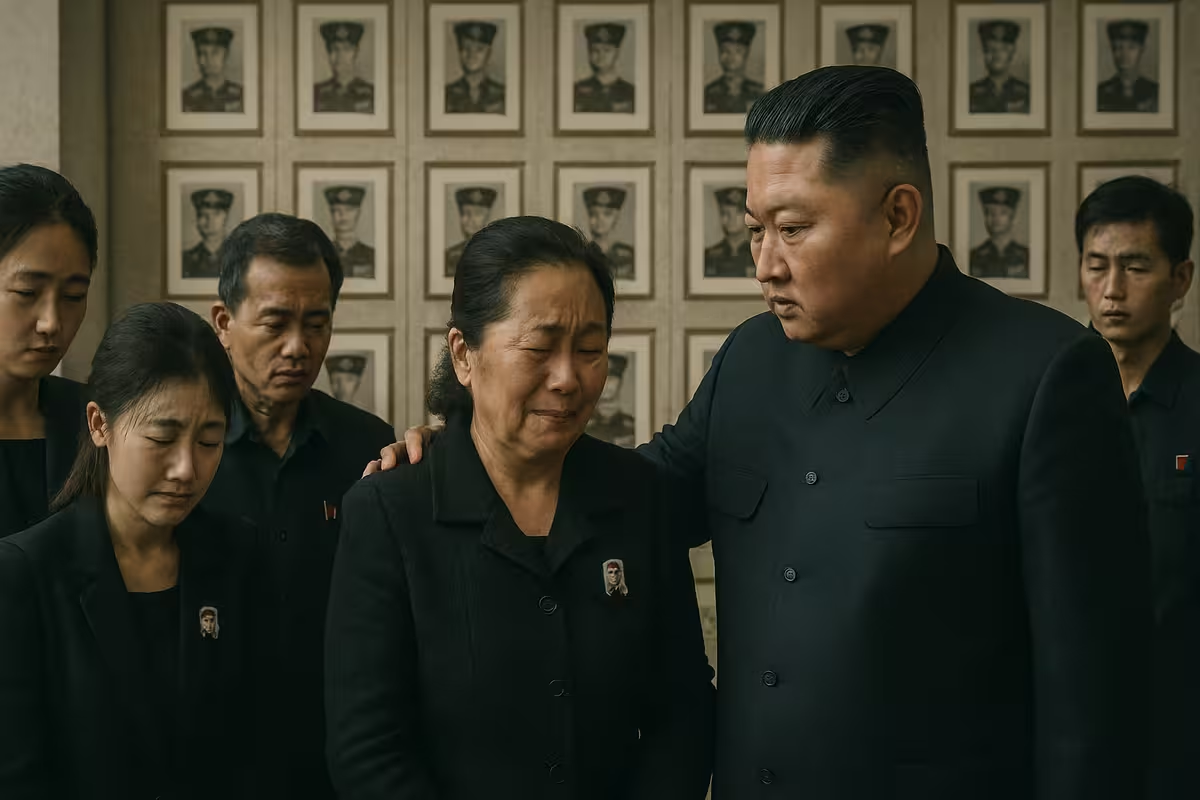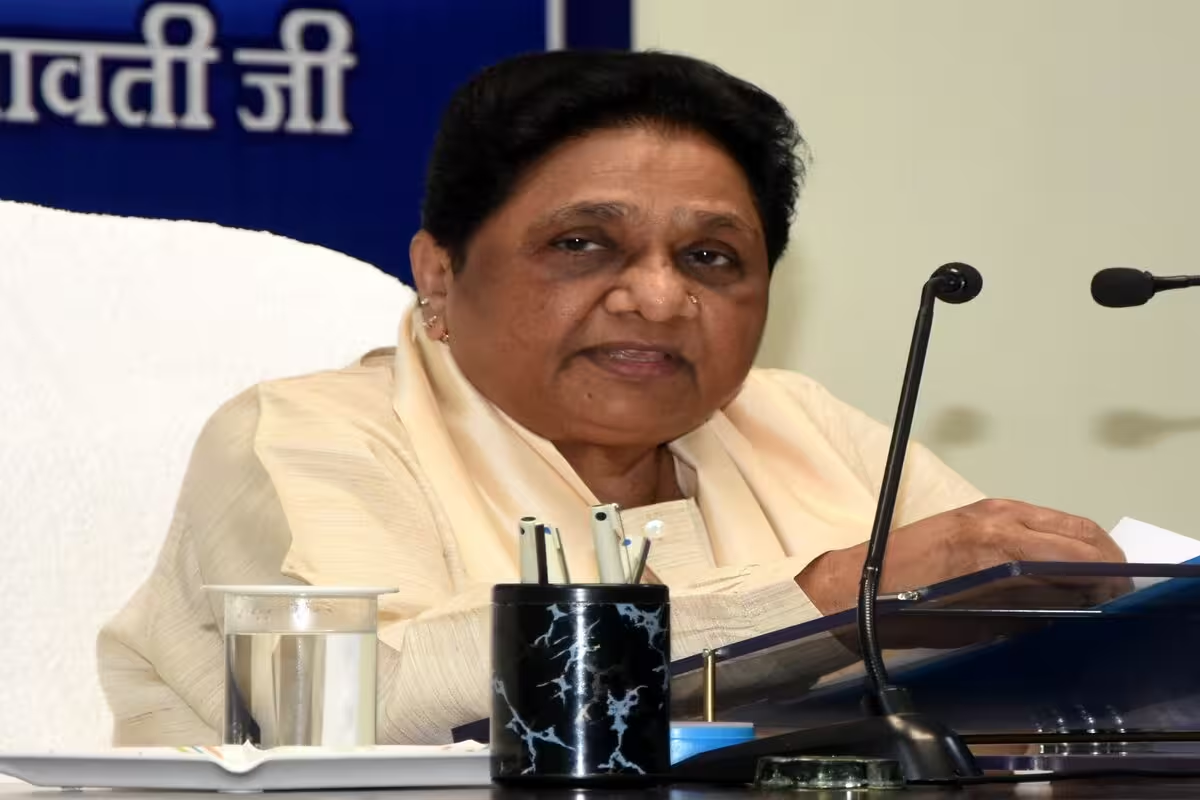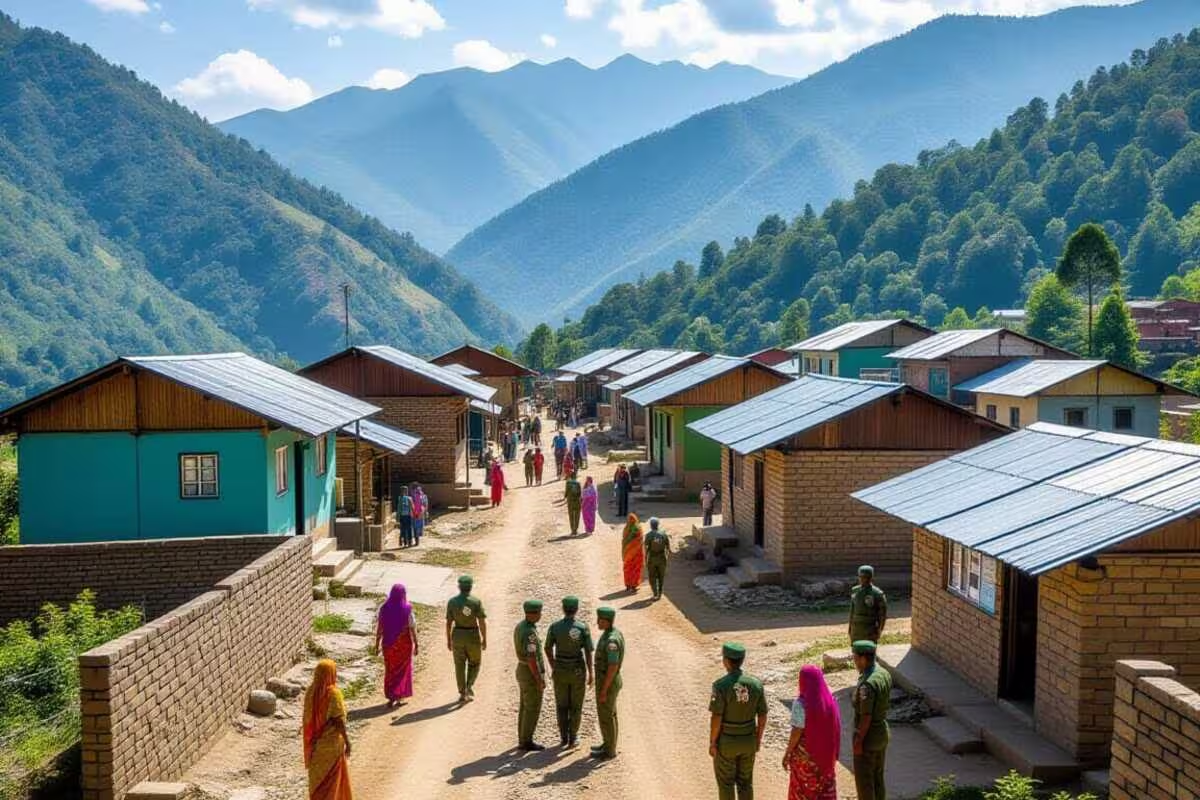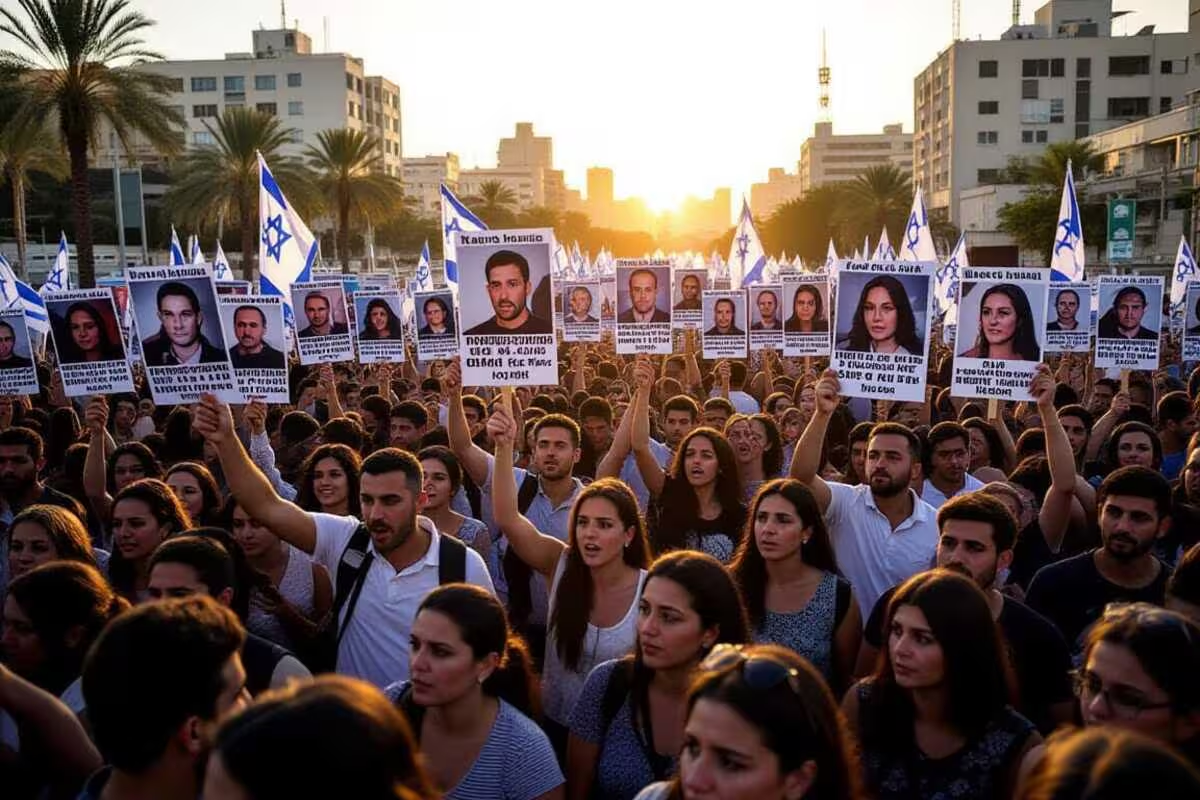Uttarakhand Proposes Bill to Extend Minority Status Beyond Muslims, Seeks to Repeal Madrasa Act
DEHRADUN, Uttarakhand, India – August 18, 2025:Big changes could be coming to minority education in Uttarakhand. The state government just gave the thumbs-up to a new bill—the Uttarakhand Minority Educational Institutions Bill, 2025. If it passes, schools and colleges run by Sikhs, Christians, Jains, Buddhists, and Parsis could get the same perks and recognition that Muslim schools now receive. This bill, headed to the state assembly on August 19, also aims to scrap the Uttarakhand Madrasa Education Board Act from 2016, starting July 1, 2026.
What the Bill Does
The idea is to have one clear system for recognizing minority schools. The bill wants to create a new group, the Uttarakhand State Authority for Minority Education (USMEA), to give recognition to schools run by any of the six recognized minority groups. To get recognized, schools would have to register under existing laws (Societies Act, etc.) and own their land and buildings.
The government says the bill would also formally acknowledge the study of Gurmukhi and Pali in these schools. While trying to simplify the recognition process, the bill also says the government could take away recognition if schools screw up financially, aren’t open about what they’re doing, or stir up religious or social trouble. Still, the state promises it won’t mess with minorities’ right to run their own schools but will make sure the education is good.
Why now? And What People Think
The government, led by Pushkar Singh Dhami, says this bill will help everyone get along better and develop together. Mahendra Bhatt, the BJP state boss, agreed, saying it fits with the party’s idea of everyone together and development for all. This move comes after the government cracked down on some madrasas it claimed were illegal, which suggests they want more control and transparency.
But the opposition isn’t buying it. Ashish Nautiyal, a Congress spokesperson, called the bill a political stunt to stir up trouble ahead of elections. On the other hand, Mufti Shamoon Qasmi, representing the current Madrasa Board, seems okay with the change, saying it could help kids fit into regular schools and get a better education.
What It Means for the Law
This bill brings up some serious questions about minority rights under the Constitution, especially Article 30, which lets minorities run their own schools. The Supreme Court has said states can decide who counts as a minority, but this is the first time a state has tried to get rid of a specific law for one group and put all minority schools under the same set of rules.
Legal experts point out that even though the bill is meant to make things clearer, it could be challenged in court. Some minority groups worry that the government might be overstepping its bounds and interfering with their right to run their schools the way they want. Depending on what happens with this bill and any lawsuits that follow, it could set a precedent for the whole country.




